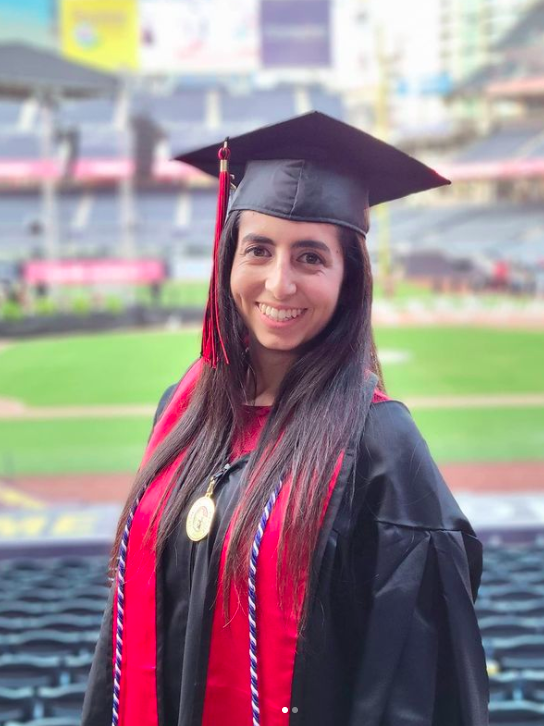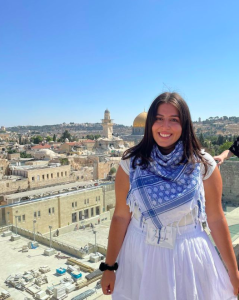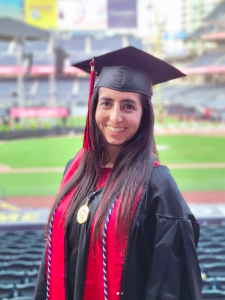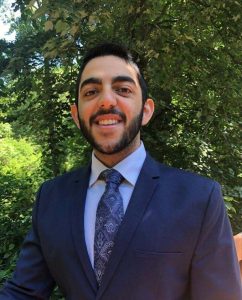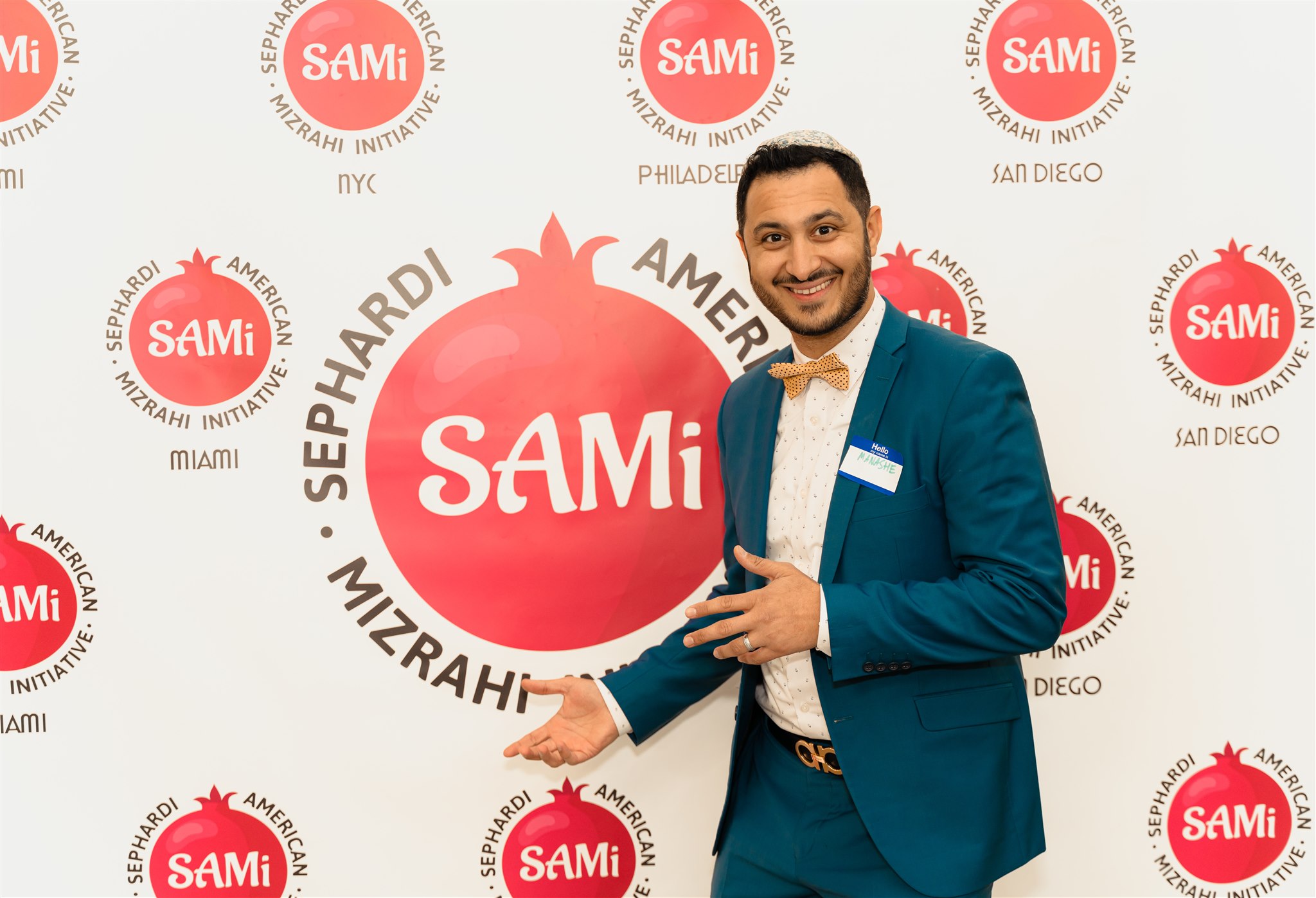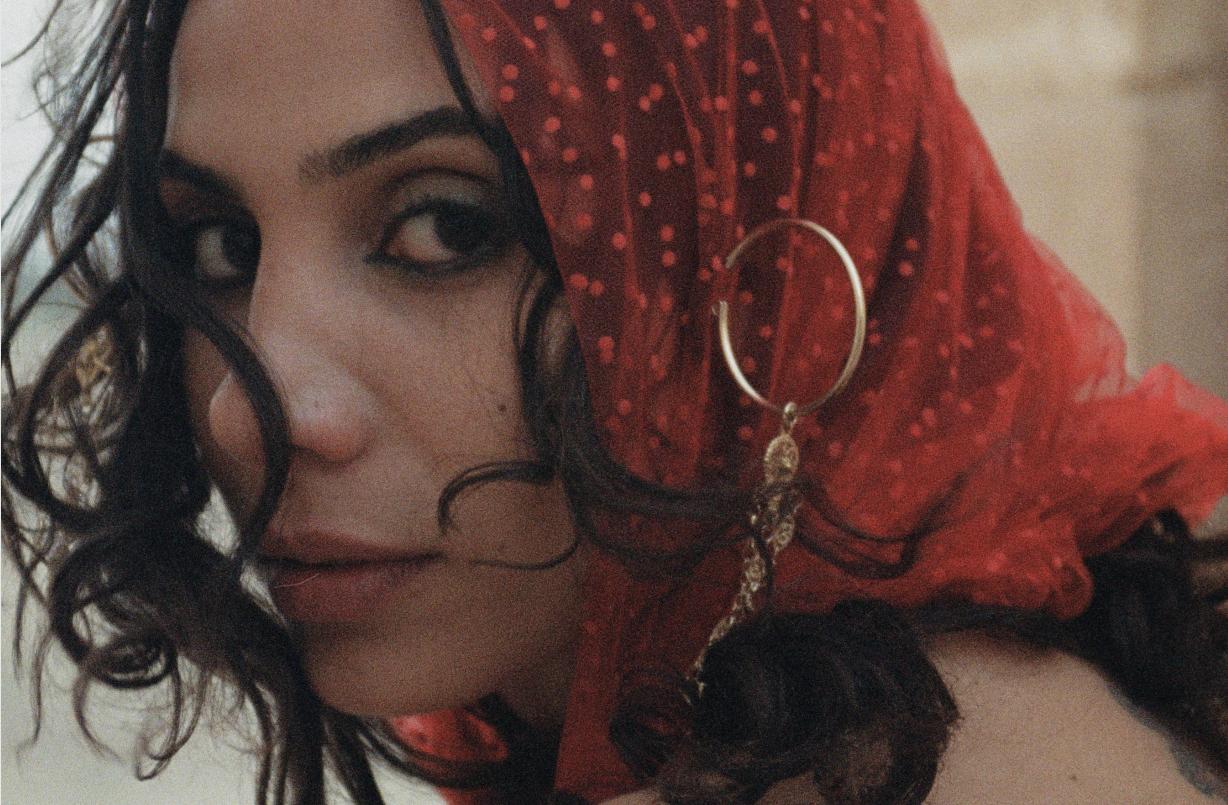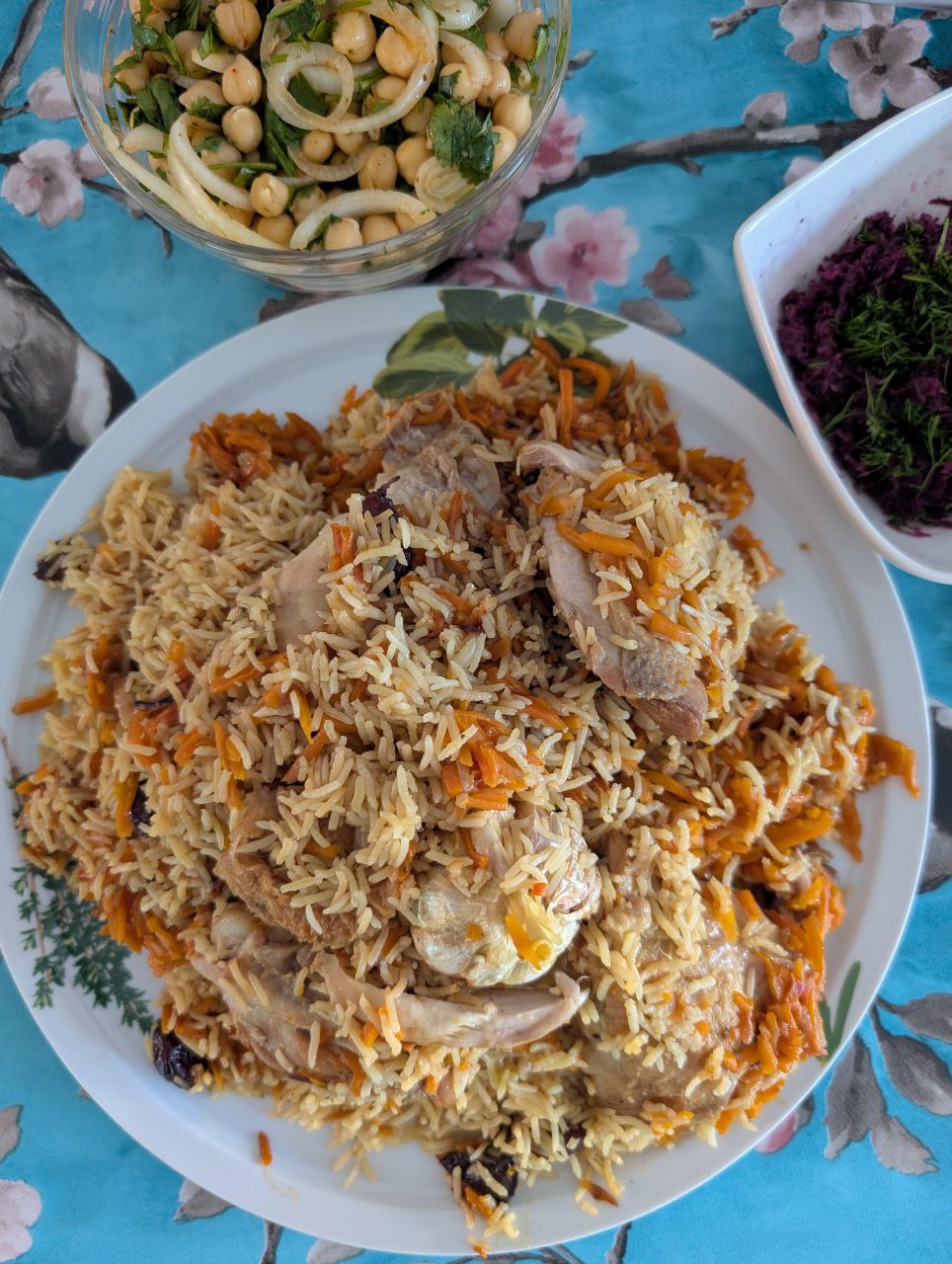 This is Mizrachi heritage month. So we are celebrating the diversity of Mizrachi and MENA (Middle Eastern and North African) Jews. Each community has its own ways of engaging with its diasporic heritage and identity. Be’chol Lashon in partnership with SAMI Sephardic American Mizrahi Initiative– is sharing excerpts from profiles we collected of some of the many Mizrahi Jews who are leaders in the Jewish community.
This is Mizrachi heritage month. So we are celebrating the diversity of Mizrachi and MENA (Middle Eastern and North African) Jews. Each community has its own ways of engaging with its diasporic heritage and identity. Be’chol Lashon in partnership with SAMI Sephardic American Mizrahi Initiative– is sharing excerpts from profiles we collected of some of the many Mizrahi Jews who are leaders in the Jewish community.
Identity is complicated, and the language we use to describe our identities is often even more complex.
What are the preferred terms you use to describe your identity? Can you share with us how you connect or disconnect to terms often used to describe your identity?
Chloe Levia: I grew up being told I am Sephardi. However, as soon as I learned the term Mizrachi that is how I have also identified myself. Today, I identify as both Persian and Mizrahi. I feel deeply connected to other Mizrahi communities as we share similar customs and history.
Sarah Yusupov: I prefer to be called a Bukharian Jew. Even though I wasn’t born there, my family is from Uzbekistan and they have passed down so many traditions that are such a big part of my life.
Gidon Salamat: I am an Iranian-Israeli so Israeli and Iranian culture are the biggest part of my life. I find Mizrahi to be a great all encompassing term to describe who I am.
Tell us about your ancestral background:
CL: Both sides of my family are diasporically Persian. My parents were born in Iran. Being Persian to me means that I am a part of the first diaspora dating back to 586 BCE. It means that I carry on the legacy of Queen Esther and other Persian Jewish leaders who embraced and practiced their Judaism even when it could lead to persecution. In every fiber of my being, I carry on the Jewish pride from my ancestors who had faced antisemitism in Iran–like my great-grandfather who was brutally stabbed to death for being Jewish–yet refused to give up their Judaism and assimilate.
SY: My family comes from Kokand, which is a city in Uzbekistan. Despite living among other nations, and in a communistic society, my family and community held strong to their beliefs.
GS: Most of my ancestors are from Iran but were in Jerusalem before experiencing diaspora.
What do you wish people knew about your Mizrachi/MENA/Sephardi identity/culture?
CL: I wish people knew that Judaism doesn’t just come in one form. You should never ask someone who looks different than you, “when did they convert?” and you should learn about other Jewish customs. We, Jews, are not a monolith. Our culture is beautiful, vibrant, and diverse.
SY: I wish people would know more narratives of jewish identities beyond the Ashkenormative stories and promote the idea that there are Jews that are from other countries and show the traditions and beautiful culture that we have!
GS: I wish people understood more history and would take into account first-hand experiences of and perspectives on life from Jewish people who have lived in other countries so that we could have informed conversation.
Why is being part of the Mizrachi/MENA/Sephardi community important to you?
CL: Being a part of the Mizrahi community is important to me because it connects me to my family’s past and future.
SY: I am so proud to be a part of the Bukharian community and feel like I belong. It is my birthright to be called a Bukharian Jew.
GS: Unity! The unity of the Jewish community is the most important–no matter Ashkenazi, Sephardi, or Mizrahi–we are all unified by many aspects of our culture.



